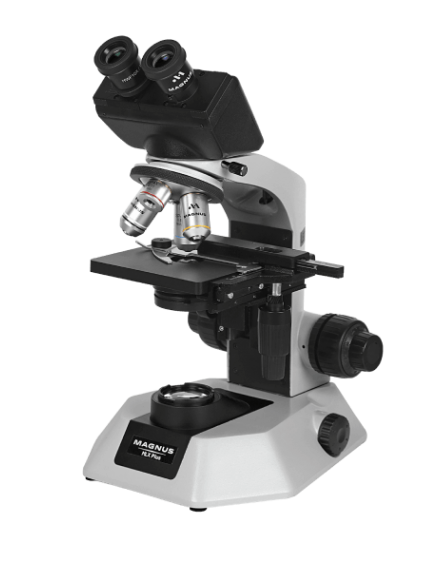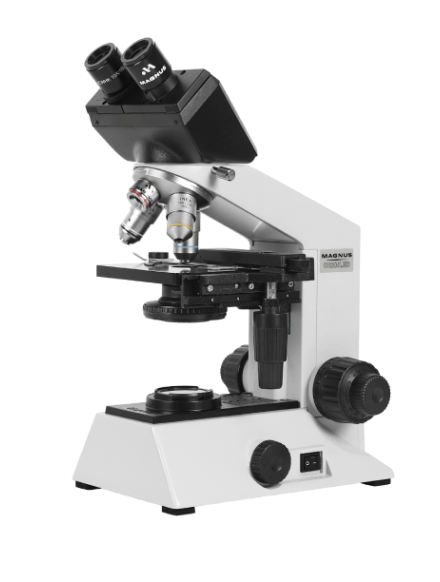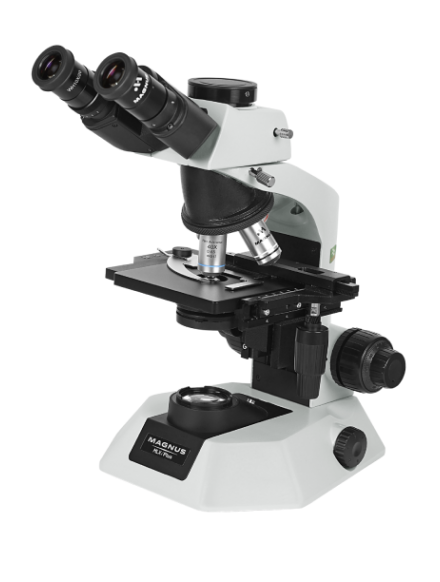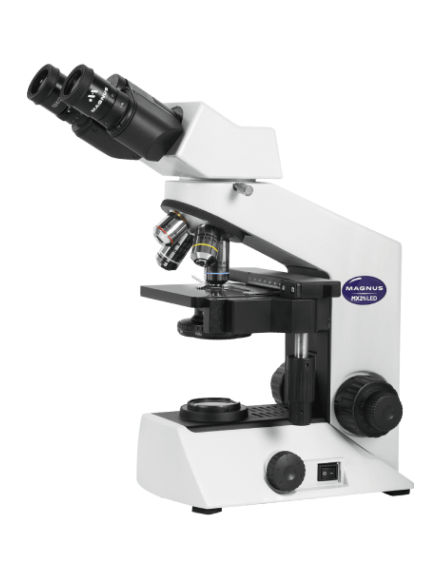Compound Microscope in Bangalore
Compound Microscopes in Bangalore: Precision and Clarity for Scientific Research
In the heart of India’s scientific and technological innovation lies Bangalore, a city synonymous with research, education, and development. One of the key tools empowering scientific advancements in the region is the compound microscope in Bangalore. These sophisticated optical instruments are essential in academic institutions, research labs, hospitals, and industrial facilities for studying fine cellular structures and microscopic organisms with unmatched clarity.
Understanding Compound Microscopes
A compound microscope uses multiple lenses to magnify tiny objects that are otherwise invisible to the naked eye. Typically equipped with an objective lens near the specimen and an eyepiece for viewing, compound microscopes can offer magnifications from 40x to over 1000x. Their high-resolution capabilities make them indispensable in various scientific fields, from biology and medicine to material sciences.
In Bangalore, institutions rely heavily on these instruments for critical research and diagnostics. Whether it's examining a cell culture in a biotech lab or analyzing the quality of materials in an engineering setup, a compound microscope in Bangalore delivers the precision and reliability required for accurate observation.
Types of Compound Microscopes
As research methodologies evolve, so does the variety of compound microscopes available. Each type is tailored to specific applications, enhancing the versatility of microscopy across disciplines.
1. Inverted Compound Microscope
An inverted compound microscope positions the light source above the specimen, while the objectives are located below the stage. This configuration is especially advantageous for observing living cells and tissues in petri dishes or culture flasks.
In Bangalore’s growing biotech and pharmaceutical sectors, the compound microscope in Bangalore of this type is commonly found in labs focused on cellular and tissue research.
2. Phase Contrast Compound Microscope
A phase contrast microscope transforms subtle differences in refractive indices within transparent specimens into variations in brightness and contrast. This technology is incredibly useful for examining live, unstained samples—ideal for applications in microbiology and cell biology. Research facilities using compound microscopes in Bangalore benefit from phase contrast systems to gain deeper insights without altering the sample with dyes or stains.
If you're exploring microscopy options in other major Indian cities, the compound microscope in Delhi is also widely utilized in research and academic institutions across the capital.
3. Fluorescence Compound Microscope
Fluorescence microscopy has revolutionized biological sciences. By using high-intensity light to excite fluorescent dyes, this microscope allows scientists to view and differentiate between various structures and substances within a cell. From cancer diagnostics to genetic studies, fluorescence-based compound microscopes in Bangalore are critical for cutting-edge research in molecular biology and healthcare.
The strategic importance of these tools is evident not just in Bangalore, but also in other scientific hubs like Mumbai, where a stereo microscope in Mumbai is used for detailed three-dimensional surface analysis—complementary to the fine-resolution capabilities of compound microscopes.
Precision in Clinical and Educational Settings
Bangalore’s medical institutions and colleges increasingly rely on compound microscopes to support their curricula and diagnostics. With a high student-to-equipment ratio in many colleges, durable and easy-to-use compound microscopes are a necessity. The compound microscope in Bangalore is now a staple in both undergraduate classrooms and postgraduate research labs.
From studying mitosis to exploring microbial morphology, students develop essential skills using these instruments. The microscopy infrastructure supports both theory and practice, enabling learners to bridge the gap between textbook knowledge and laboratory application.
In southern India, particularly in medical applications like assisted reproductive technology, the digital microscope for IVF in Chennai serves a niche yet crucial role.
These microscopes are designed for observing oocytes and embryos with high precision and are instrumental in IVF success rates.
Why Choose Compound Microscopes in Bangalore?
The demand for quality compound microscopes in Bangalore stems from the city’s diverse scientific ecosystem. Universities, biotech startups, pathology labs, and industrial R&D units all depend on reliable microscopy. The availability of advanced models and service support makes Bangalore a favorable location for acquiring these instruments.
Moreover, many laboratories in the city require specific features such as image capture, data sharing, and software integration. Modern compound microscopes in Bangalore often come with digital capabilities, enabling seamless documentation and collaborative analysis—critical in multidisciplinary research environments.
In educational institutions across India, specialized tools are gaining popularity as well. For example, the binocular microscopes for colleges in Pune provide an ergonomic and affordable option for training students in microscopy techniques, similar to the demand seen in Bangalore’s college laboratories.
Choosing the Right Model for Your Needs
When selecting a compound microscope, factors such as application area, magnification requirements, lighting options, and ergonomic design should be considered. In Bangalore, scientific suppliers and manufacturers offer a wide array of models—each tailored for specific needs like clinical diagnostics, live cell imaging, or advanced fluorescence techniques.
The continued investment in life sciences and research in Bangalore has led to increased accessibility to high-end microscopy equipment. Institutions can choose from basic student models to sophisticated research-grade instruments, ensuring that there’s a compound microscope in Bangalore to meet every demand.
Whether you are equipping a laboratory, enhancing your educational facility, or venturing into biotech innovation, the compound microscope in Bangalore is a cornerstone of scientific exploration and clarity. With evolving technologies and a robust support ecosystem, Bangalore remains a hub for precision instruments that fuel discoveries and innovations across disciplines.
FAQs
1. What is the difference between a compound microscope and a stereo microscope?
A compound microscope is used for viewing transparent specimens at high magnifications, while a stereo microscope provides 3D views of opaque objects at lower magnifications.
2. Are compound microscopes suitable for educational use?
Yes, compound microscopes are commonly used in schools, colleges, and universities for teaching biology, chemistry, and other sciences. They allow students to explore the microscopic world and learn scientific concepts hands-on.
3. Can I use a compound microscope to view living cells?
Yes, compound microscopes are commonly used to view living cells, especially when equipped with phase contrast or other specialized techniques to enhance contrast.
4. Are Magnus Opto Systems’ compound microscopes equipped with cameras?
Yes, we offer digital compound microscopes with built-in cameras for capturing high-resolution images and videos, making them ideal for documentation, presentations, and remote learning.











